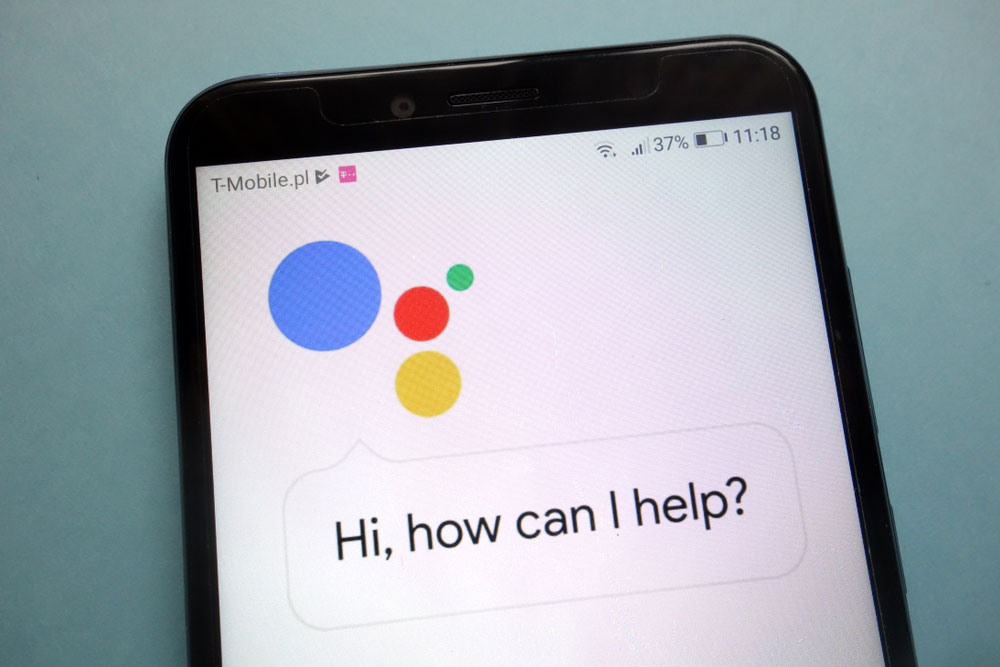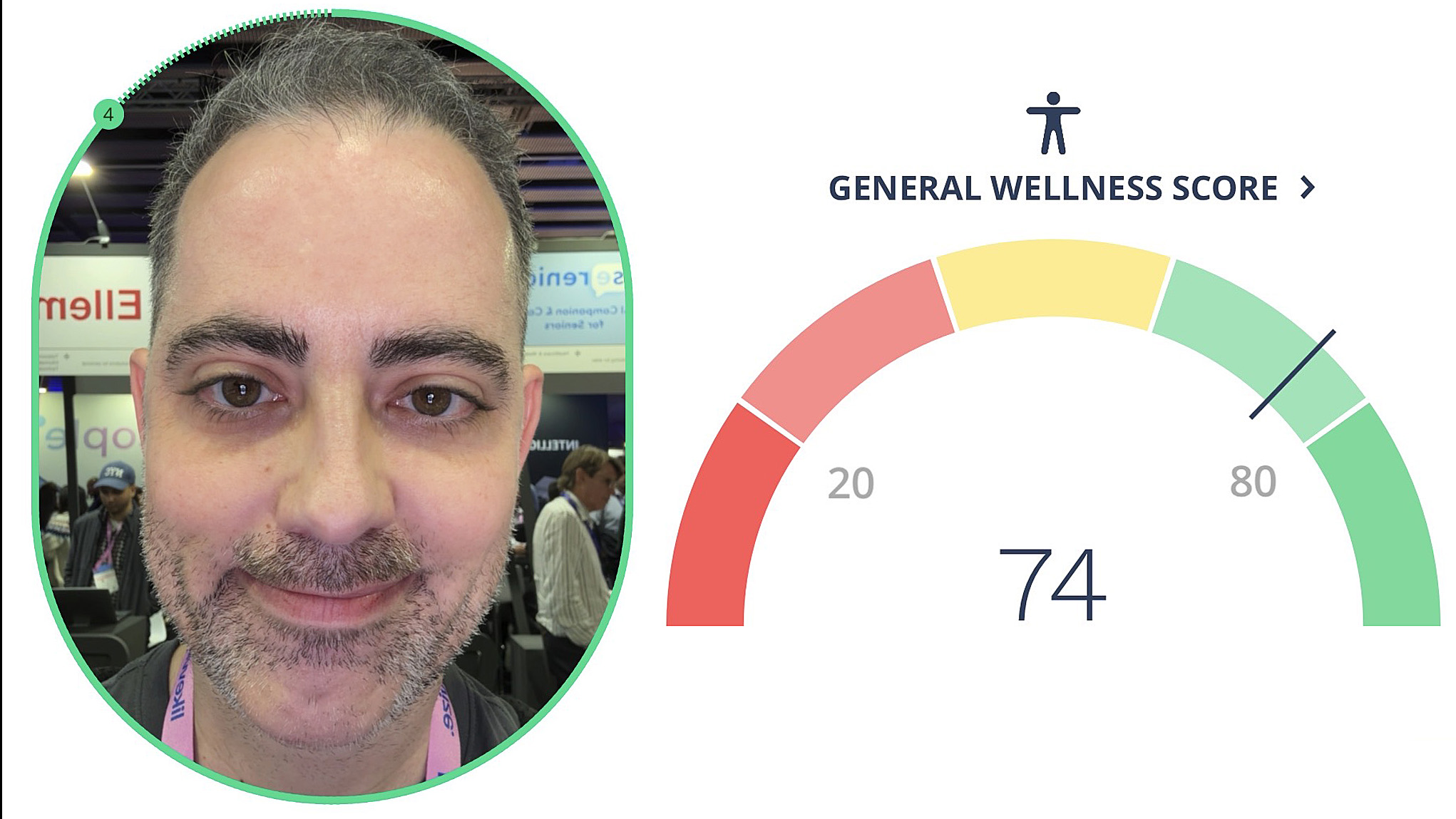Google Tightens Voice Assistant Privacy Controls: What You Need to Know
You'll get a bit more control over how voice clips are handled

Here at Tom’s Guide our expert editors are committed to bringing you the best news, reviews and guides to help you stay informed and ahead of the curve!
You are now subscribed
Your newsletter sign-up was successful
Want to add more newsletters?
Join the club
Get full access to premium articles, exclusive features and a growing list of member rewards.
Google is taking baby steps to address privacy issues raised by the (not terribly shocking) revelation that the Google voice assistant, like those from Amazon, Apple and Microsoft, occasionally relies upon humans to interpret commands.
"We've heard concerns about our process in which language experts can listen to and transcribe audio data from the Google Assistant to help improve speech technology for different languages," Google Assistant Senior Project Manager Nino Tasca said in an official Google Assistant blog posting yesterday (Sept. 23). "It's clear that we fell short of our high standards in making it easy for you to understand how your data is used, and we apologize."
However, Google doesn't seem to be changing things that much, and it isn't giving a lot of details about what will change.
MORE: How to Make Sure Alexa, Google Home Don't Hear Too Much
When the human-review process resumes -- and Tasca said only that that will be "later this year" -- your audio clips won't be stored by default, and "the vast majority" of clips that are more than "a few months" old will be automatically deleted.
If you do choose to enable storage of audio clips, you will get a more strongly worded reminder that humans may listen to the old clips to improve Google Assistant's voice recognition.
Technically, Google Assistant has never stored old audio clips by default. But because enabling voice controls is one of the first things a new Android phone asks your permission for when you set it up, millions of Google device users may have this setting -- called Voice & Audio Activity in your Google account settings -- enabled without realizing it.
Get instant access to breaking news, the hottest reviews, great deals and helpful tips.
Vague promises
Tasca said that while audio clips are never associated with any specific Google user, Google would be "adding greater security protections to this process, including an extra layer of privacy filters."
He didn't say exactly what those filters would be, or why the existing process wasn't private enough.
Likewise, Tasca said Google would be "implementing additional measures to help us better identify unintentional [Google Assistant] activations" -- such as when you say something that only sounds like "Hey, Google" -- "and exclude them from the human review process."
He added that you'd soon be able to adjust the sensitivity of the Google Assistant prompts, such as by turning it down if you found Google Assistant was activated too frequently, or to turn it up if you find yourself often asking for assistance in "especially noisy environments."
How to turn off voice recording
To disable Voice & Audio Activity, log into your Google account in a web browser and navigate to https://myaccount.google.com/activitycontrols/audio.
On that page, there's a toggle switch with which you can turn off Voice & Audio Activity. On a related page, https://myactivity.google.com/item?restrict=vaa, you can view past Google Assistant voice clips and individually delete them.
But, as Tasca says, "opting in to VAA helps the Assistant better recognize your voice over time, and also helps improve the Assistant for everyone by allowing us to use small samples of audio to understand more languages and accents."

Paul Wagenseil is a senior editor at Tom's Guide focused on security and privacy. He has also been a dishwasher, fry cook, long-haul driver, code monkey and video editor. He's been rooting around in the information-security space for more than 15 years at FoxNews.com, SecurityNewsDaily, TechNewsDaily and Tom's Guide, has presented talks at the ShmooCon, DerbyCon and BSides Las Vegas hacker conferences, shown up in random TV news spots and even moderated a panel discussion at the CEDIA home-technology conference. You can follow his rants on Twitter at @snd_wagenseil.
 Club Benefits
Club Benefits










